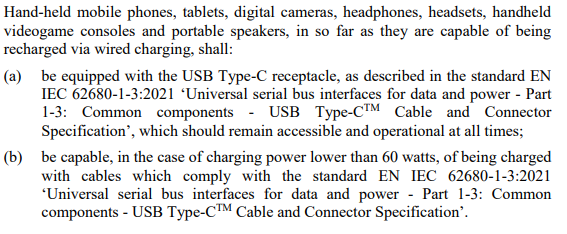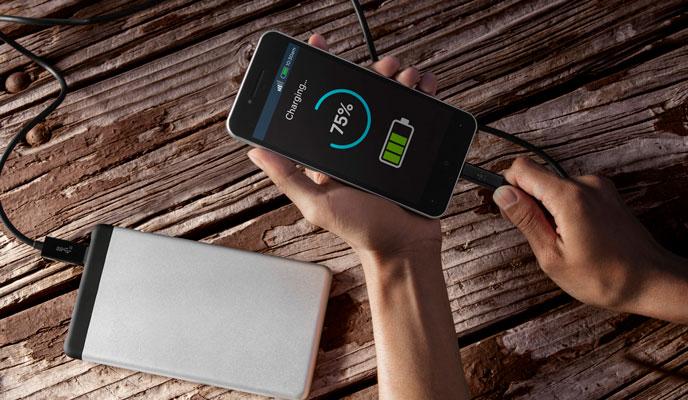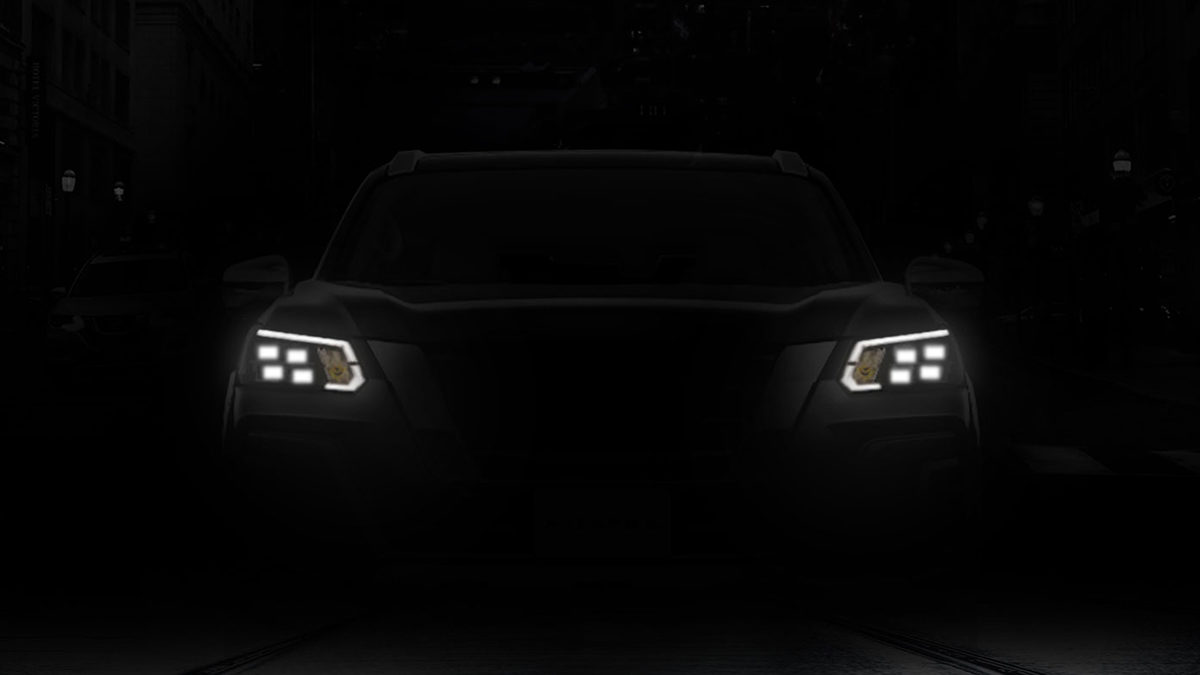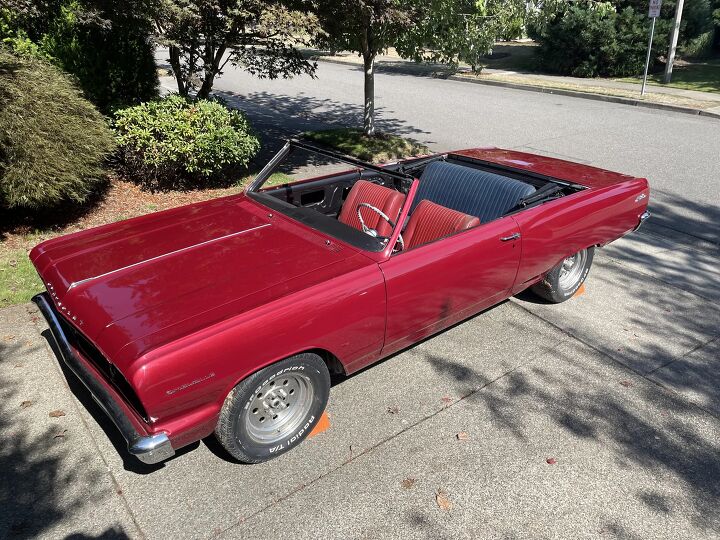
At first, it was just a proposal. Now it’s become a reality. The European Union (EU) has decided to standardize USB C for all small and medium-sized electronic devices, which of course encompasses all smartphones. Manufacturers of these electronics have 2 years to comply. The expectation here is that this type will be all we see by the autumn of 2024.
We looked through the official documents to find the line of reasoning behind this decision.

In the original proposal, it is said that the use of this charging port removes any inconveniences with consumers unable to recharge their devices because the chargers are incompatible. This also means that past chargers aren’t completely rendered useless when a new device comes out. This new EU mandate on USB C will save consumers around EUR 250 million yearly, according to this document.

This annexation specific to charging doubles down on the categories of devices required to migrate to the use of USB C in the EU. As you can see, it more or less encapsulates each and every single type of consumer electronic that comes to mind.
Any loopholes have been covered by the clause “capable of being recharged via wired charging.” Unless a manufacturer wants to release a device that only charges wirelessly, they will be required to follow the rules.
It appears that there are also standards for the wires, although this is set to have much less of an effect as compared to the requirement of a singular type of charging port.

There are some complications to this though. What if the consumer wants to buy a new charger for the purposes of faster charging (since their device is capable of higher speeds after upgrading)? Can manufacturers have their devices recognize what brand their chargers are and limit speeds accordingly? Can lawmakers in the EU move quickly once USB C becomes technologically obsolete, or will progress be hampered?
Right now, chargers can be interchanged with various brands of devices with no consequences whatsoever. However, we aren’t too sure if companies will continue to ignore this opportunity to make an extra buck regardless of public sentiment. We have a few firms in mind already.
We also have to think of devices that consume a lot of power such as emergency health electronics and the like, but still fit in the hand. The EU may still revise this USB C mandate of theirs before its execution, but it’s clear that they’re pushing through with it either way.
Comments (0)
Read more interting post about Technology at Autotoday.info







